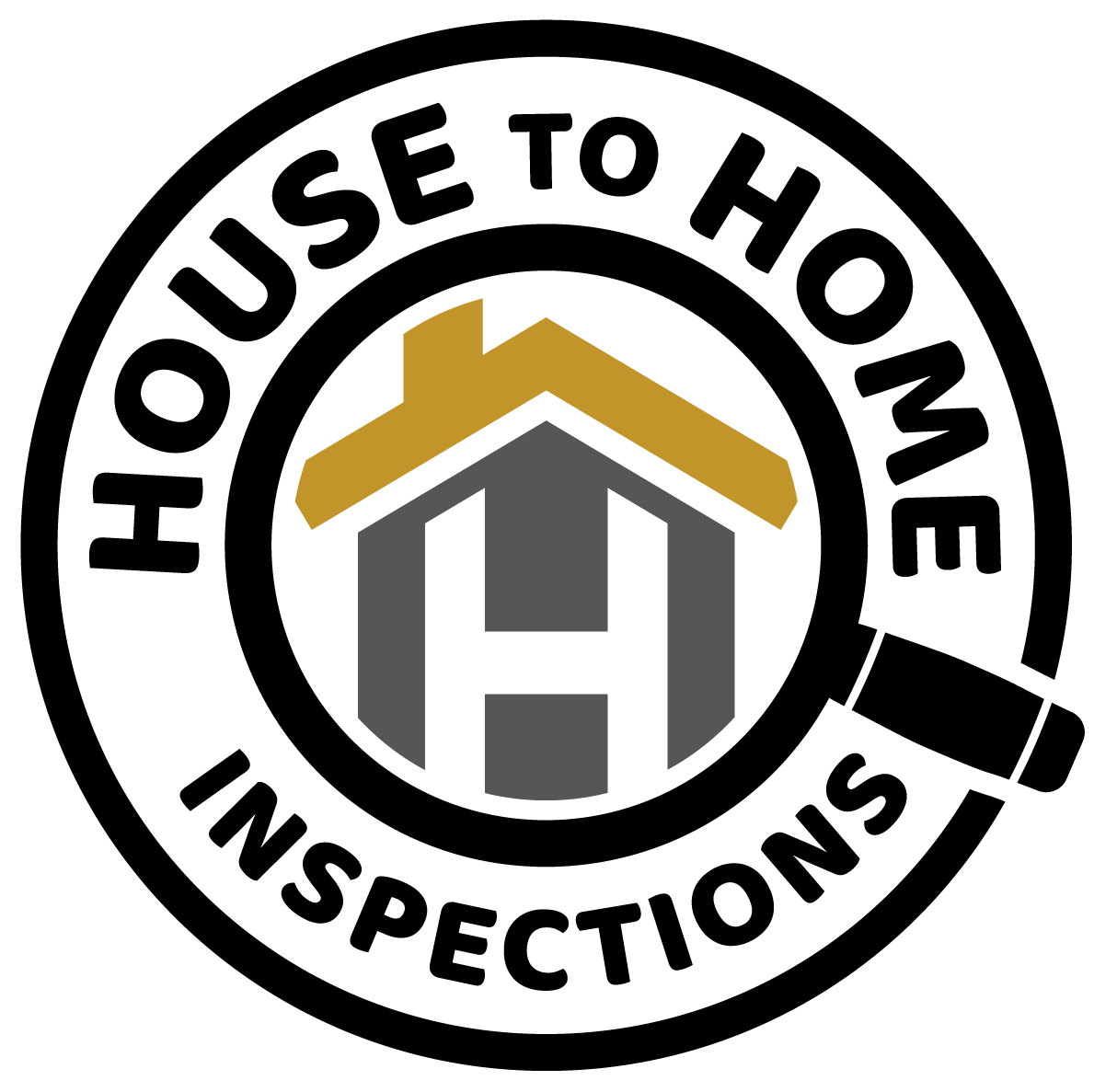10 Things You Should Know About Home Inspections
10 Things You Should Know About Home Inspections
Exciting!!! So your offer was accepted and you’re on the road to becoming a homeowner! After you have done your celebratory dance and sent in your mortgage documents you are ready for the next step of the home buying process: the home inspection
If you have never been through the process, at first it may seem like a daunting task, but that’s where we come in.
Here at House to Home Inspections we have compiled a list of 10 Things Buyers Should Know About Home Inspections. Give it a read before we head out to your inspection and hopefully this will alleviate some of your jitters and give you the ability to go into your purchase feeling a bit more educated and informed.
1. HOME INSPECTIONS ARE OPTIONAL
A home inspection is not a required step in the home buying process.
However, they are a great idea. A home inspection will give you an indication of any problem's with the house you have fallen in love with. It will give you an idea of any immediate, or upcoming, large expenditures. You may even be able to negotiate some or all of the repair costs with the seller. A home inspection will tell you the state of the home you or looking to purchase, good and bad. After a home inspection you will have the piece of mind to know whether or not your dream-home is right for you.
2. BUYERS ARE RESPONSIBLE FOR INSPECTIONS
Some home buyers are unaware that they are responsible for inspections. After you conditionally buy a property it is your duty to hire a home inspector, complete the inspection and you are responsible for the cost of the inspection.
It is a cost that should be budgeted in when considering purchasing a home.
3. THE INSPECTOR MUST BE CERTIFIED AND INSURED
A certified home inspector is knowledgeable about the relevant aspects of a dwelling. They have extensive training to identify and understand existing and future problems. A carpenter, electrician or plumber will have excellent knowledge of their trade, but may lack a full understanding of the other integral aspects of the dwelling.
4. WHAT DO HOME INSPECTIONS COVER?
The standard home inspector’s report will cover the condition of the home’s:
Foundation, Basement and any additional Structural Components
Heating and Cooling systems
Interior Plumbing & Electrical
Roof System, Eaves, Gutters and Downspouts
Condition of Windows, Doors, Floors, Walls and Ceilings
Attic, Crawlspace and Visible Insulation
Exterior Cladding
Garages and Carports
Exterior Grading
5. WHAT DOESN’T AN INSPECTION COVER?
Inside the walls (although an infared camera will assist with this)
Septic tanks
Wells, sheds, or additional structures separate from the main house not including the garage
Note: Just because something isn’t covered in a home inspection, it can still be inspected. You can have other professionals check into aspects that are of concern that were not included in the inspection.
6. YOU CAN ATTEND INSPECTIONS
Not only can you attend, but it is recommended that you do. It gives you the opportunity to have any specific concerns addressed. Any issues that arise during the inspection can be discussed in person and instructions can be provided on how to remedy the situation.
Note:You can also learn valuable maintenance and care instructions.
7. YOU RECEIVE AN INSPECTION REPORT WITH EVERY INSPECTION
Viewing the property is only half of the inspectors job. The other half is to provide you (the client) with an in-depth detailed report. It will include pictures of damaged areas.
NOtE: Read the report thoroughly. If any questions arise, or clarification is needed, don't hesitate to call the inspector to review.
8. REPAIRS AFTER INSPECTIONS ARE SOMETIMES NEGOTIABLE
After a completed inspection there are three possible outcomes for any issues found.
1. The seller may repair the issues themselves.
2. The seller may credit you money for the repair.
3. The repairs may become something for you to fix once you take possession.
NOTE: Be careful when trying to re-negotiate. An amendment to the purchase and sale price is basically a new offer and can be rejected by the seller, so you could lose the home over the cost to repair.
NOTE: An exception to this is a home is sold in “As Is” condition. That means the seller is unwilling or unable to make repairs. When buying a home that's "As Is" an inspection report is important because it lets you know what repairs you will be responsible for and allows you to budget for them.
9. YOU CAN WALK AWAY AFTER INSPECTIONS
When a home inspection is one of the conditions to purchase the home you are allowed to walk away from the deal if what is discovered makes you no longer want to purchase the house.
10. COLLECT PAPERWORK FOR COMPLETED REPAIRS
After the inspection and negotiations (if needed), it is possible you and the seller have agreed upon a list of repairs to be completed. It is important that these repairs are completed by professional trades.
Note: Don't be afraid to ask for copies of all receipts and invoices for proof. You may also need them if any warranty work is required.
